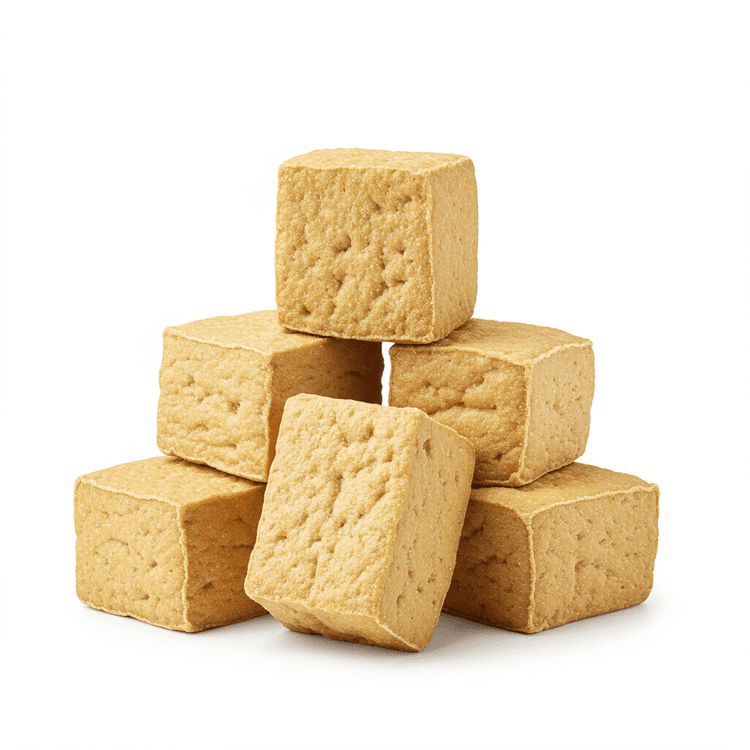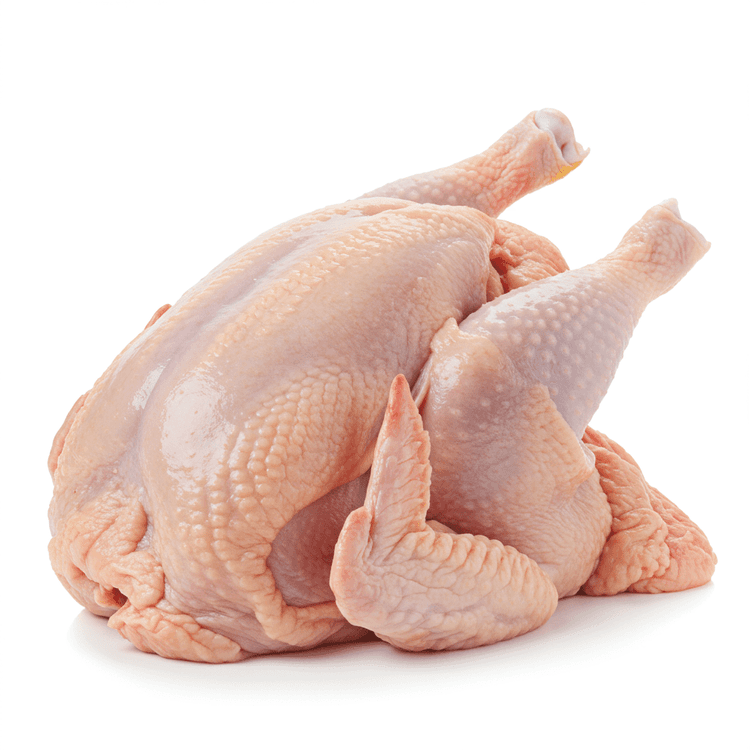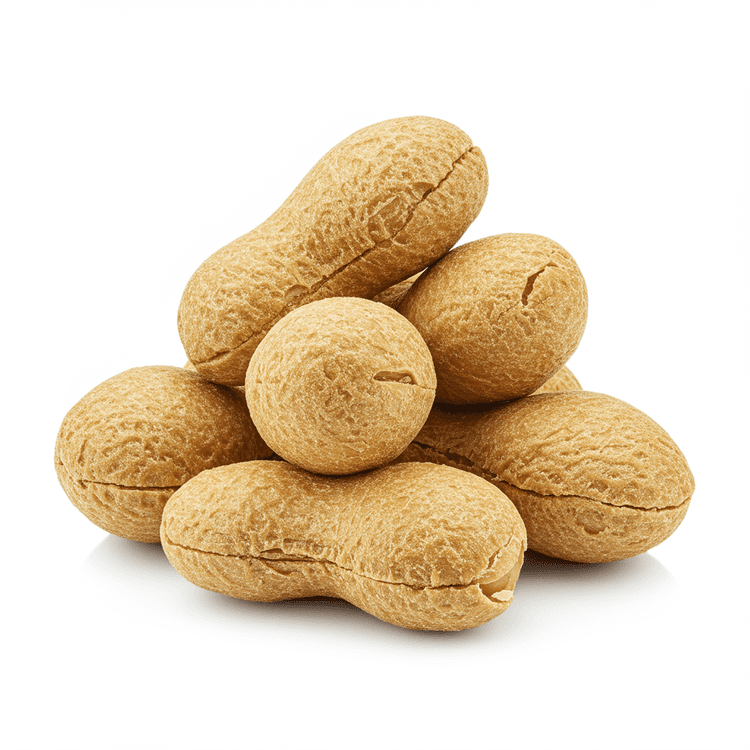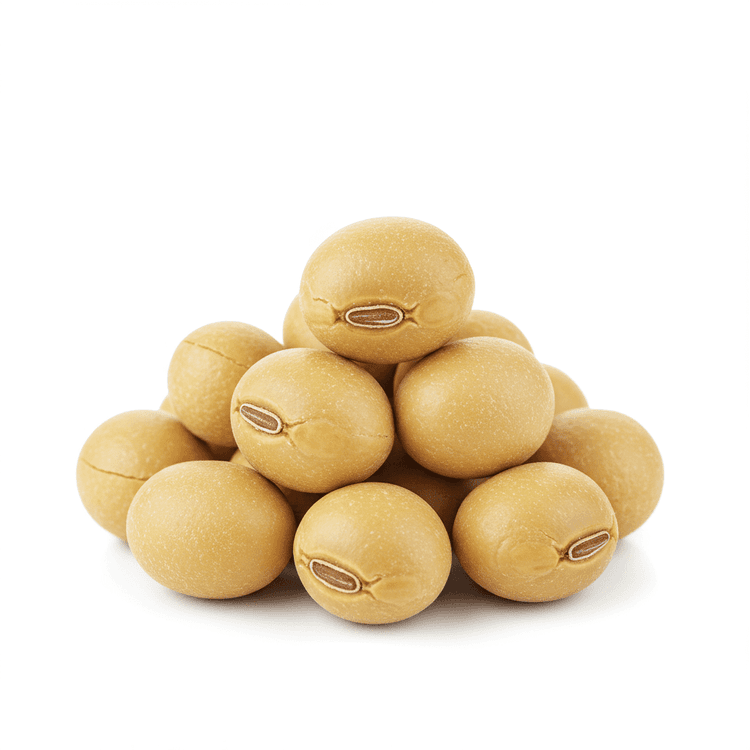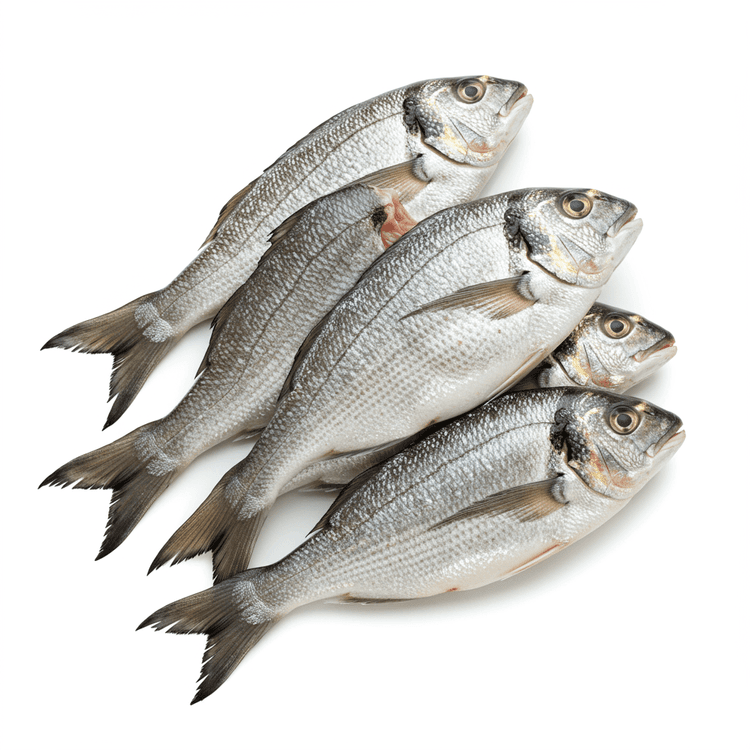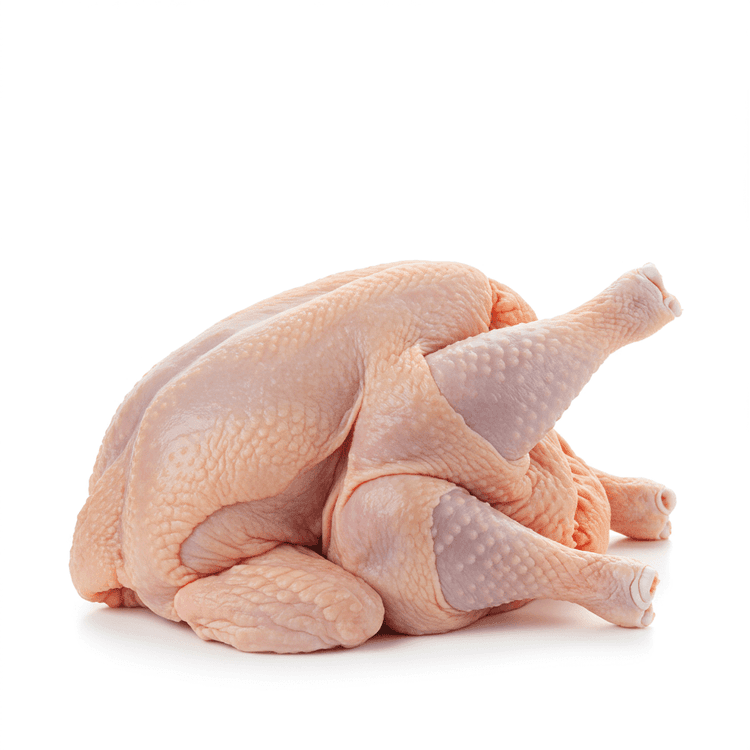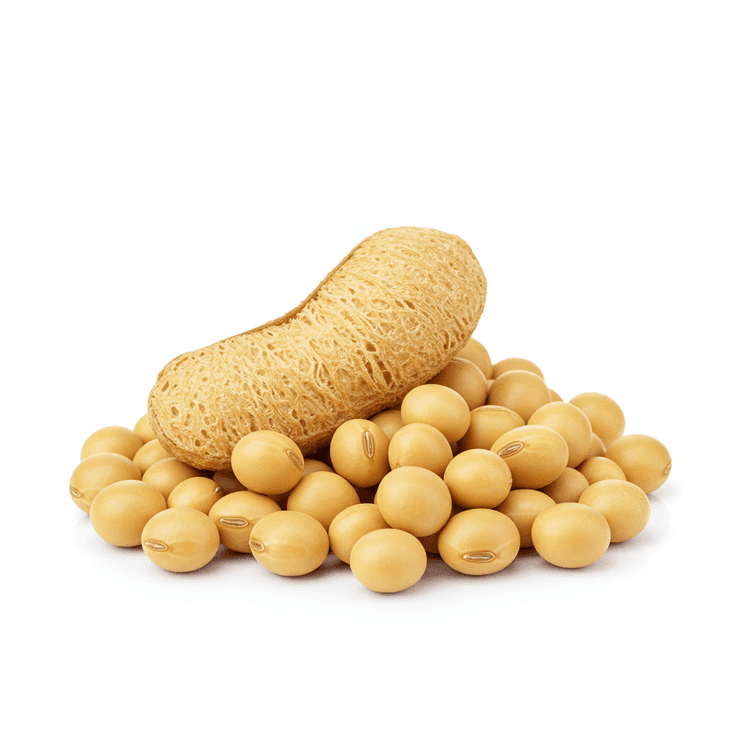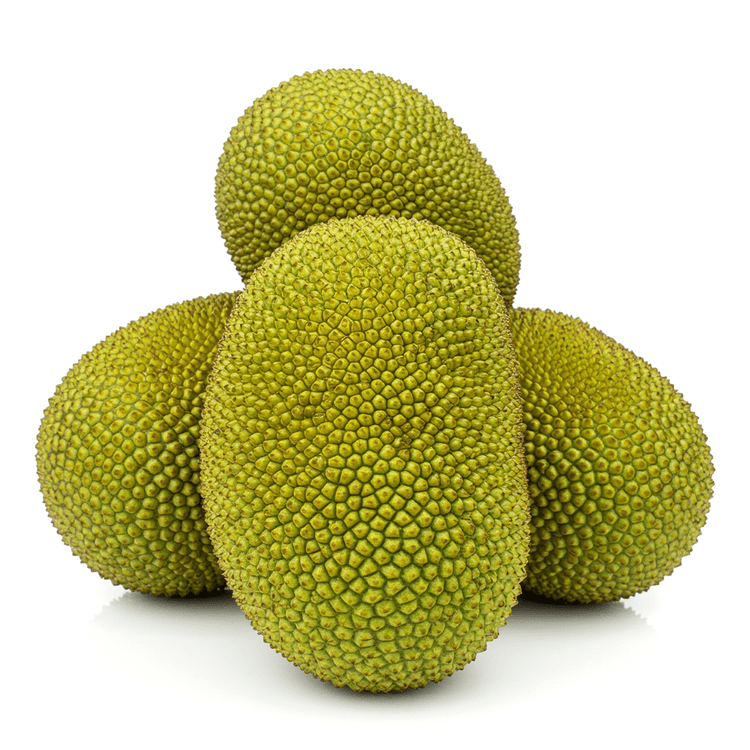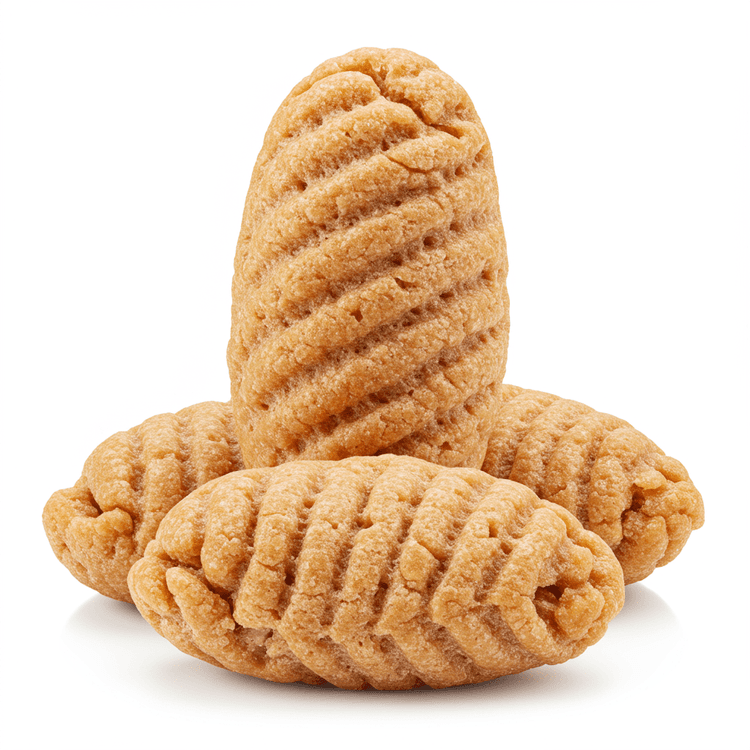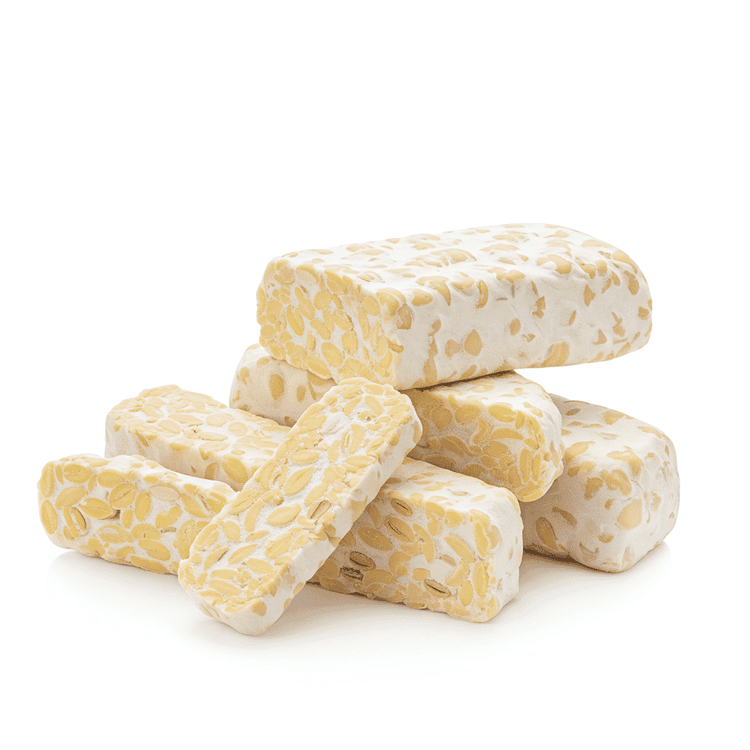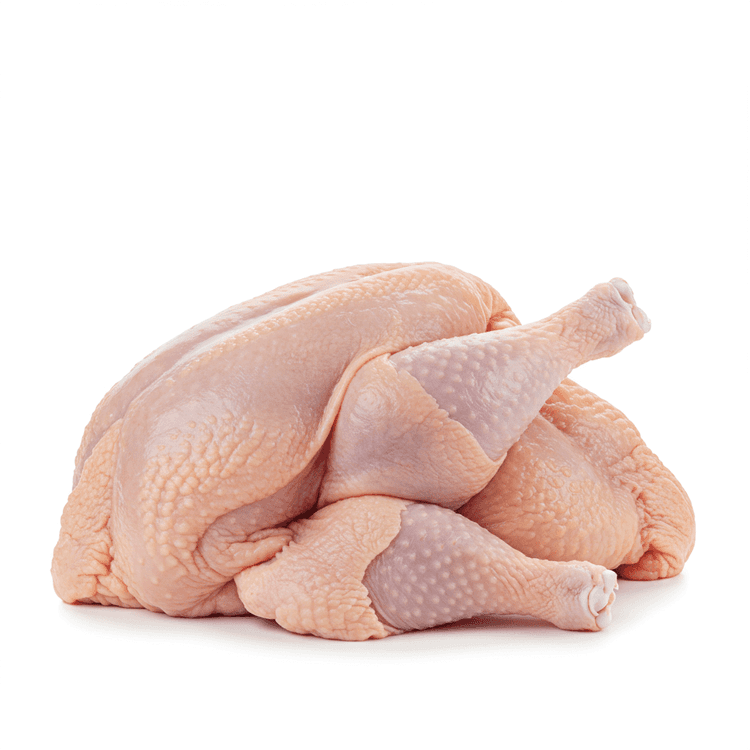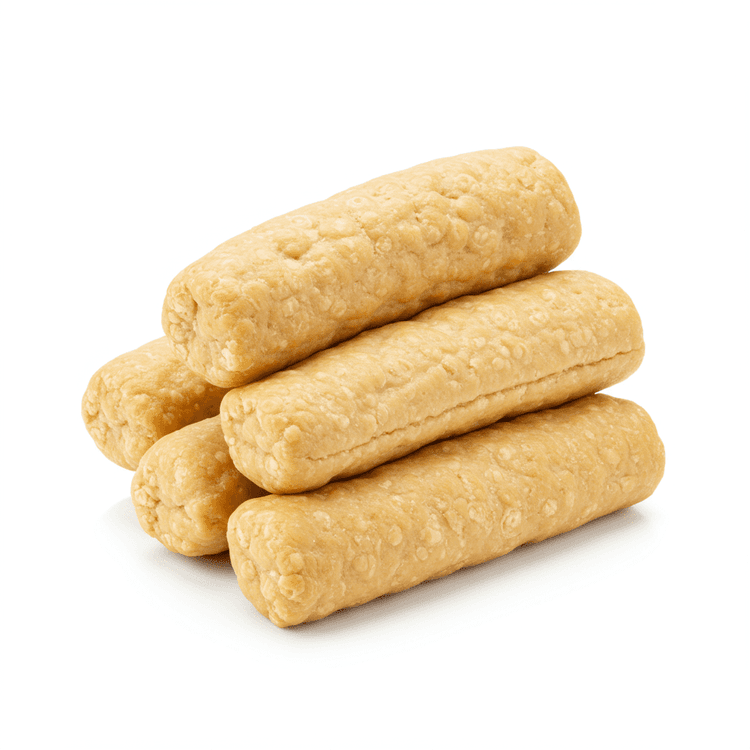
Seitan
Seitan, often referred to as 'wheat meat,' is a high-protein, plant-based ingredient made from gluten, the main protein in wheat. It has a chewy, meat-like texture and a neutral flavor that readily absorbs seasonings and marinades, making it a versatile substitute for meat in vegan and vegetarian recipes. Typically beige or light brown in color, seitan can be shaped, sliced, or crumbled to mimic various meat cuts, making it a popular choice for those seeking hearty, protein-rich alternatives to animal products.
Common Uses
- Use seitan as a meat substitute in stir-fries, where its chewy texture pairs well with vegetables and flavorful sauces.
- Grill or pan-fry seitan steaks for a vegan-friendly alternative to traditional meat dishes.
- Incorporate seitan into soups and stews to add protein and a hearty texture.
- Shred or slice seitan to make vegan tacos, fajitas, or wraps with bold seasonings.
- Use seitan as a filling for sandwiches or burgers, seasoned and cooked to mimic deli-style meats.
- Add seitan to curries or casseroles for a protein-packed, satisfying meal.
Nutrition (per serving)
Nutrition (per serving)
Calories
370.0kcal (18.5%)
Protein
75.0g (100%)
Carbs
14.0g (5.09%)
Sugars
0.4g (0.8%)
Healthy Fat
1.0g
Unhealthy Fat
0.3g
% Daily Value based on a 2000 calorie diet
Nutrition (per serving)
Calories
370.0kcal (18.5%)
Protein
75.0g (100%)
Carbs
14.0g (5.09%)
Sugars
0.4g (0.8%)
Healthy Fat
1.0g
Unhealthy Fat
0.3g
% Daily Value based on a 2000 calorie diet
Health Benefits
- High in protein, making it an excellent meat alternative for vegetarians and vegans.
- Low in fat, supporting heart health and weight management.
- Contains essential minerals like selenium and iron, which are vital for energy and immune function.
- Free from cholesterol, promoting cardiovascular wellness.
- Versatile and satisfying, helping to reduce reliance on processed foods.
- Can be a good source of fiber when paired with whole grains or vegetables.
Substitutes
Chefadora AI is here.
Experience smarter, stress-free cooking.
Storage Tips
Store seitan in an airtight container in the refrigerator to maintain freshness for up to 5-7 days. If you have unopened packaged seitan, keep it in the fridge until the expiration date. For longer storage, seitan can be frozen in a sealed freezer-safe bag or container for up to 3 months. Thaw frozen seitan in the refrigerator overnight before use. Avoid leaving it at room temperature for extended periods to prevent spoilage.
Marnirni-apinthi Building, Lot Fourteen,
North Terrace, Adelaide, South Australia, 5000
Australia


